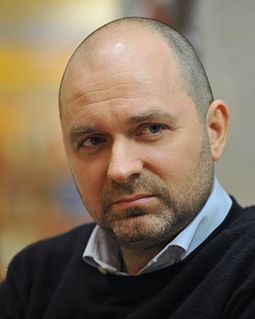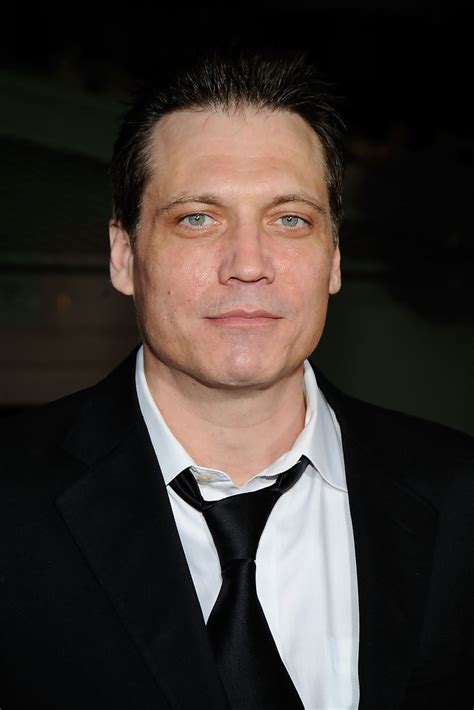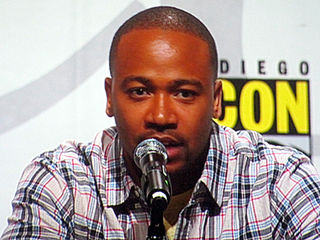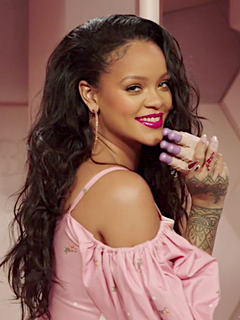A Quote by Finn Wittrock
You want to give the director what they want, and you don't always know exactly how it goes, so you want to try it a few different ways. You have to be flexible; you have to be in collaboration with the director; you have to be versatile. But you also want to be protective of what you really believe in and how you feel it should be portrayed.
Related Quotes
There's not one way to direct a film, there are so many different ways to do it. Everything affects the way it turns out in the end. Even the smallest things. You don't want to really acknowledge that, because you want to believe that you are the only creative asset as a director. You want to believe you're the only one. But I really feel that everyone teams up and everybody really affects everything. Actually, it's the closest I will get to playing in a band.
It's very bizarre though when you get hired and then the director will say, "I know how this goes." And you're thinking, "Wait a minute, I thought that I was doing this" but basically what they really want, especially if they wrote it, is they want you to do it as they imagined it. It's virtually impossible.
I've never like had a system or a program, I always think that I don't know how to act. I'll adapt to any director because I don't really have a set way that I do things. If a director hires me and says, "I want you to get started right now and do this research, this research, this research and I want you to have every line memorized before you ever show up for the first day," then that's what I'll do.
You stay with the foundation and then you just try different things because you don't know how the director will cut it and you want to give him, what will work, and you want to give him some options, give yourself some options, discover some things when you start to play. That's what we do; we get paid to play.
With a director it's all about the work; I'd work with a great director over - you know, I'm not the kind of actor who that doesn't go, 'I want to play this role.' It's more like, 'I want to work with this director,' regardless of what the role is because if it's a good director, you'll probably find a good role because it's a decent film. But a mediocre director will always make a mediocre movie.
I'm the type of actor that believes the director has to be in charge. I've been on sets where the actor's ego was the most important thing, and with a director that messes it up. But I don't like a dictator, I want it to be collaborative - the best idea wins. If I feel respected, and I'm going to give that back. If a director wants to try something, cool, I'll give it back. I also feel like they cast me for a reason, so I'm going to make my mark on it... let me do my thing.
Independent means one thing to me: It means that regardless of the source of financing, the director's voice is extremely present. It's such a pretentious term, but it's auteurist cinema. Director-driven, personal, auteurist... Whatever word you want. It's where you feel the director, not a machine, at work. It doesn't matter where the money comes from. It matters how much freedom the director has to work with his or her team. That's how I personally define independent movies.
I generally go into a movie with a very strong vision, with how I want to make the film, how I want to shoot the film, how I want to edit the movie, what I want the sound to sound like. So I have a very concrete idea even if I don't storyboard it, I know exactly what I want to do once I get into the sequence. Now having said that, I try not to let that slave me to the process. So if I do storyboard a sequence I don't necessarily stick to it if I discover more exciting things on set.
The producer can put something together, package it, oversee it, give input. I'm the kind of producer that likes to take a back seat and let the director run with it. If he needs me, I'm there for him. As a director, I like to have the producer there with me. As a producer, I don't want to be there because I happen to be a director first and foremost, I don't want to "that guy."




































